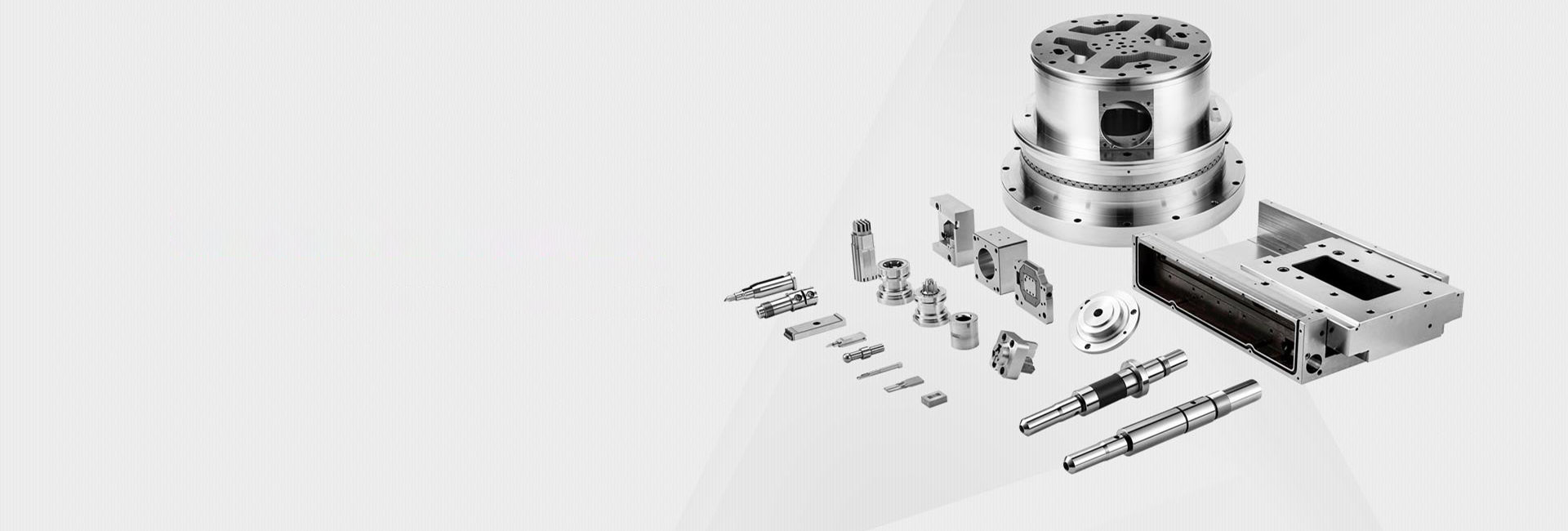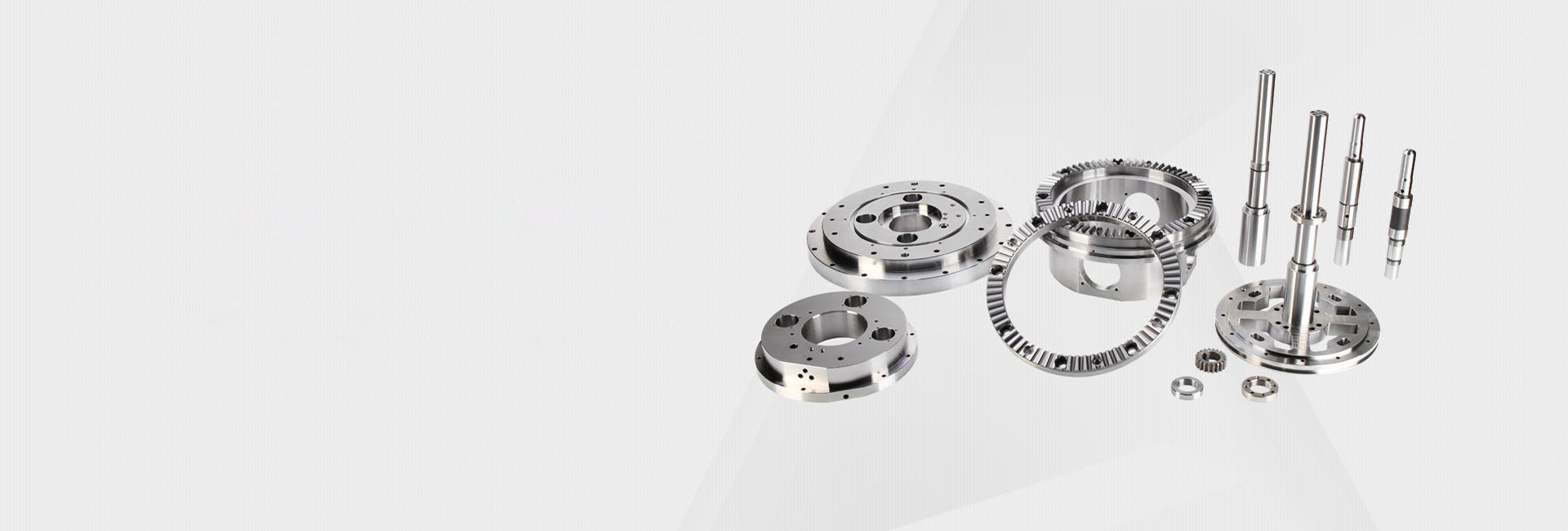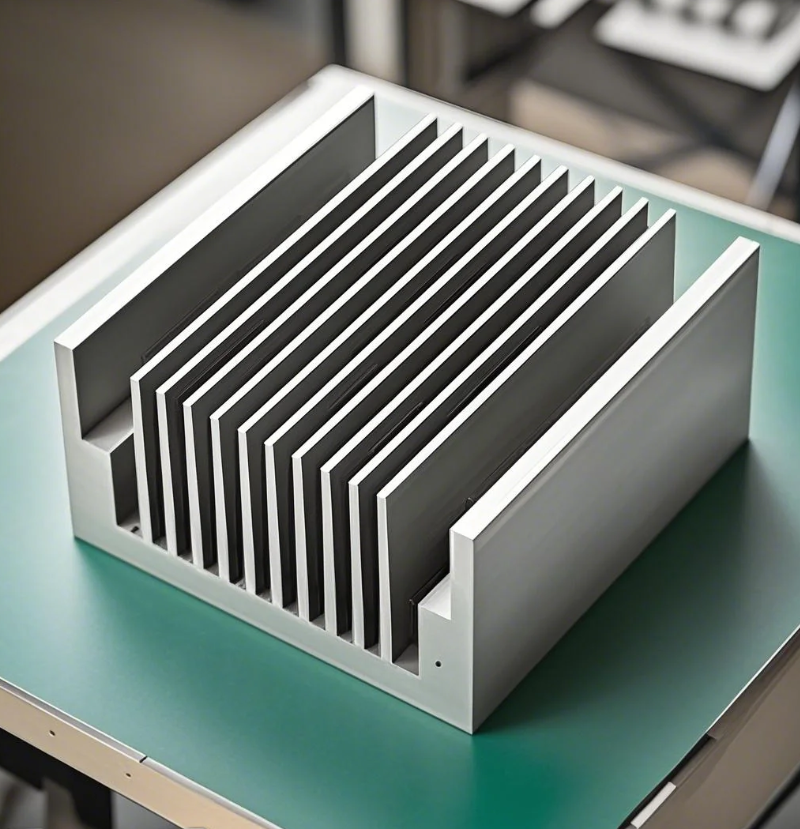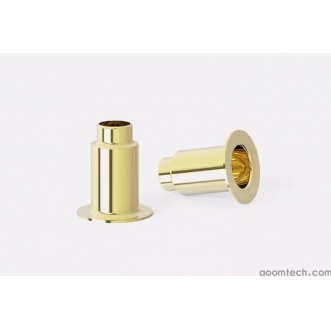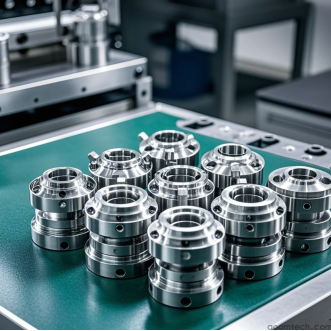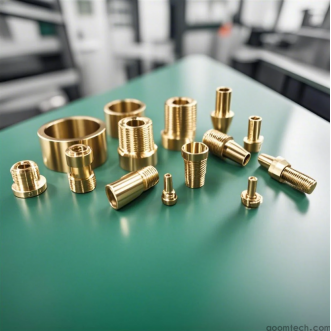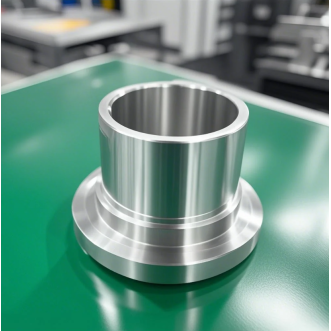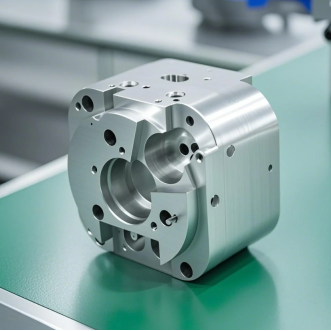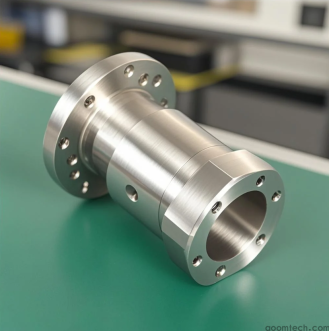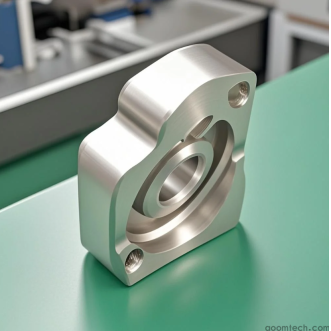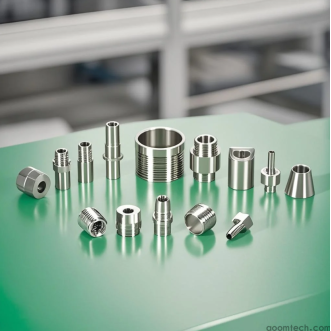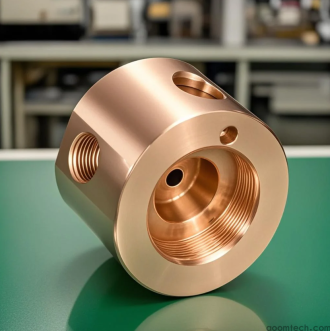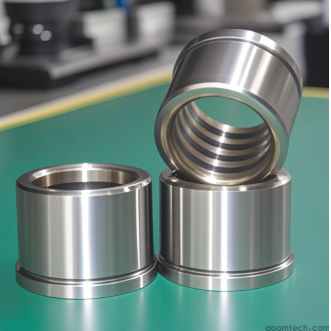How CNC Machining Produces Heat Sinks: Process & Advantages
Heat sinks are critical components in electronics, automotive, and industrial applications, designed to dissipate heat efficiently. CNC machining offers unparalleled precision in manufacturing these parts. This article explores the process, materials, and why AOOM's CNC capabilities stand out.
1. The CNC Machining Process for Heat Sinks
CNC如何加工散热片 begins with CAD modeling to optimize fin geometry for thermal performance. Aluminum (6061/6063) and copper are the most machined materials due to their thermal conductivity. CNC milling machines then carve intricate fin arrays with tight tolerances (±.05mm), while lathes handle cylindrical heat sinks. Post-processing may include anodizing for corrosion resistance.
2. Key Advantages of CNC Machined Heat Sinks
Compared to extrusion or casting, CNC offers:
- Customization: Complex fin shapes (pin, straight, flared) for targeted airflow
- Precision: Consistent base flatness (critical for thermal interface)
- Rapid Prototyping: Functional prototypes in 3-5 days at AOOM
3. AOOM's Expertise in Thermal Solution Manufacturing
With 12-axis CNC centers and in-house metallurgy labs, AOOM delivers CNC-machined heat sinks with:
- Surface finishes down to Ra .4μm for optimal heat transfer
- Micro-channel designs for high-power electronics
- ISO 9001-certified quality control
Contact our engineering team at aoomtech.com for DFM analysis.

